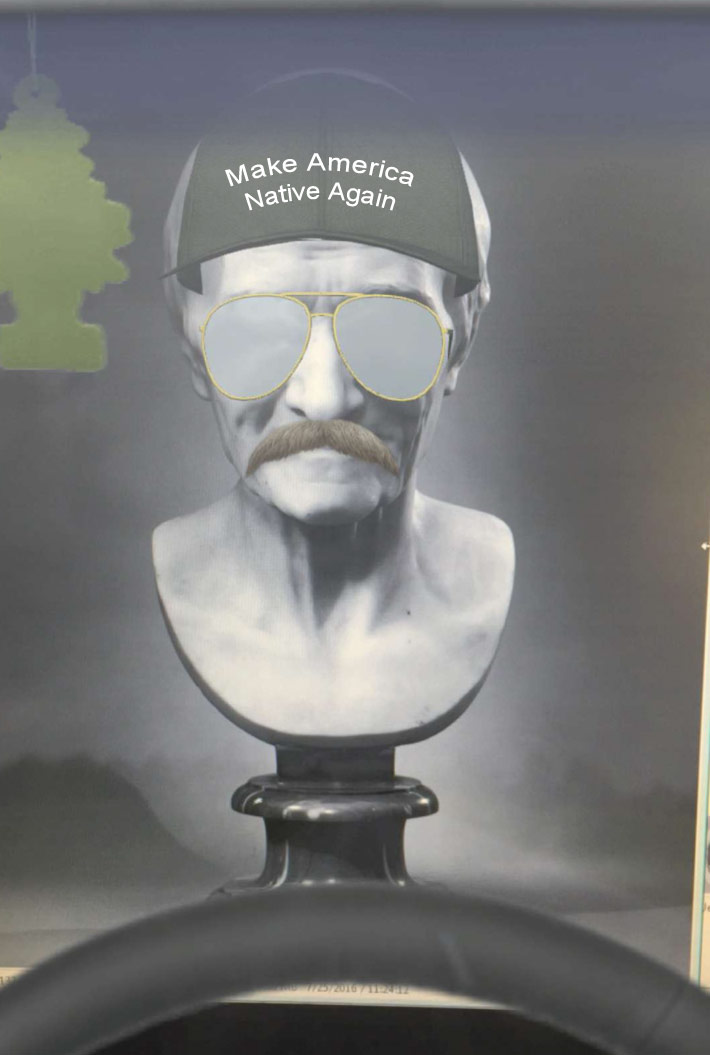Political legitimacy is achieved by having a system of government in which the people agree to it, giving up a bit of their autonomy in order to gain the benefits of participating in the collective.
Walter Mosley could have been channeling the founding archons of Badgeria when he said:

